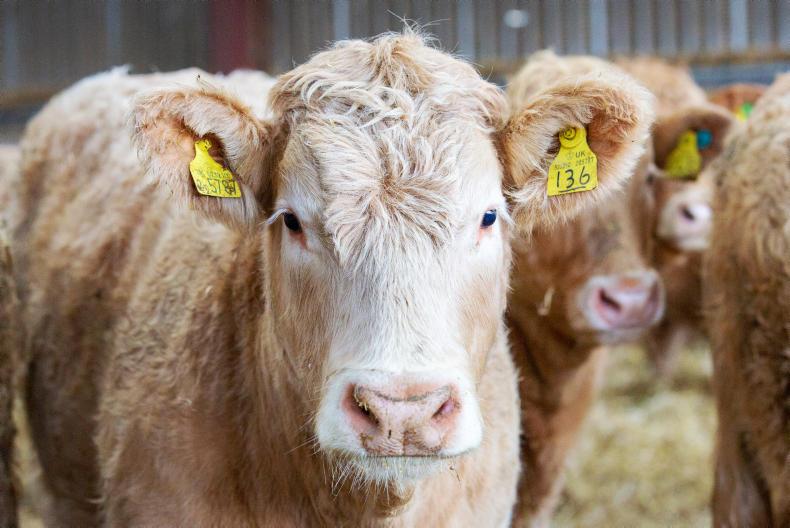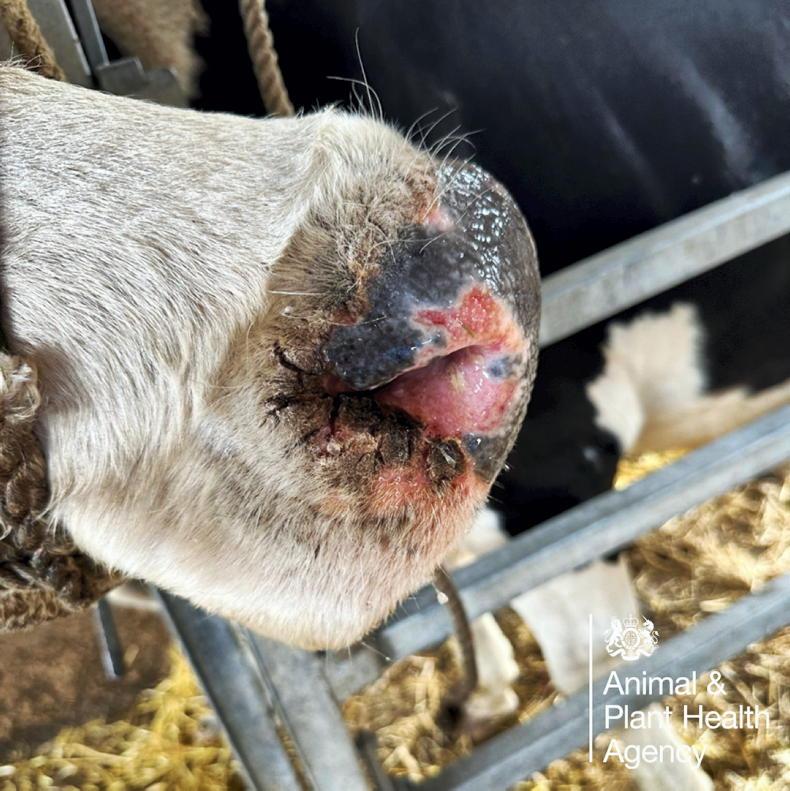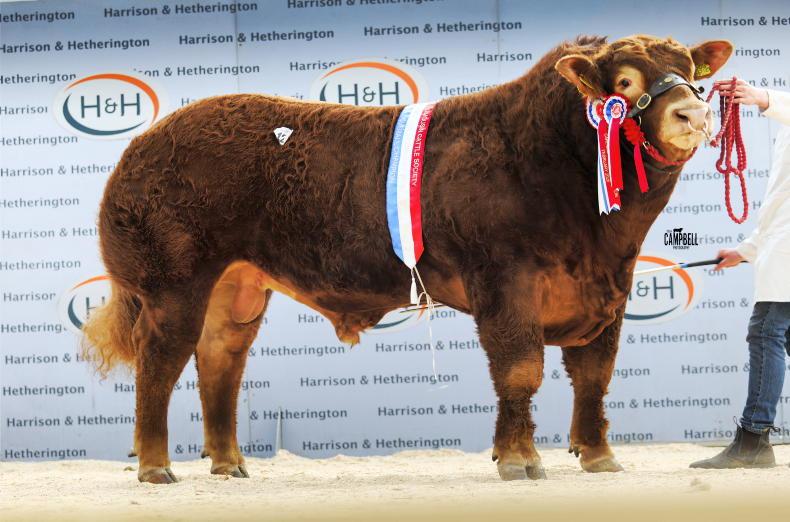Farmers looking to sell cattle through online platforms should take precautions to safeguard payment for livestock and avoid possible fraudulent activity.
Electronic bank transfer is recommended when transferring funds for private farm-to-farm livestock sales.
According to agri-managers working within local banks, electronic payments can only be completed by a purchaser who has adequate funds.
Transferred funds will be cleared on the day, meaning the farmer selling livestock can check for receipt of the money before releasing animals from their ownership.
Payment by cheque is common practice in farming, but has a higher risk as there is the possibility of cheques being returned unpaid.
Bank officials recommend cheques are lodged at the first possible opportunity, as the clearing process can take up to three working days. This time frame can be extended when cheques are lodged in the latter half of the week.
Bank drafts can be issued, but should be ordered in advance due to reduced opening hours at branches.
When selling animals online, farmers should take steps to safeguard their farmyard, and also ensure social distancing (staying at least 2m apart).
As far as possible, do not let buyers into other sheds, and isolate animals for sale in handling pens in advance of the buyer arriving.
Be cautious of buyers with an unknown trading history in the locality or coming a considerable distance.
Read more
Marts to reopen for limited services
Coronavirus: IFA calls for payments for farmers hit by market losses
Farmers looking to sell cattle through online platforms should take precautions to safeguard payment for livestock and avoid possible fraudulent activity.
Electronic bank transfer is recommended when transferring funds for private farm-to-farm livestock sales.
According to agri-managers working within local banks, electronic payments can only be completed by a purchaser who has adequate funds.
Transferred funds will be cleared on the day, meaning the farmer selling livestock can check for receipt of the money before releasing animals from their ownership.
Payment by cheque is common practice in farming, but has a higher risk as there is the possibility of cheques being returned unpaid.
Bank officials recommend cheques are lodged at the first possible opportunity, as the clearing process can take up to three working days. This time frame can be extended when cheques are lodged in the latter half of the week.
Bank drafts can be issued, but should be ordered in advance due to reduced opening hours at branches.
When selling animals online, farmers should take steps to safeguard their farmyard, and also ensure social distancing (staying at least 2m apart).
As far as possible, do not let buyers into other sheds, and isolate animals for sale in handling pens in advance of the buyer arriving.
Be cautious of buyers with an unknown trading history in the locality or coming a considerable distance.
Read more
Marts to reopen for limited services
Coronavirus: IFA calls for payments for farmers hit by market losses










SHARING OPTIONS